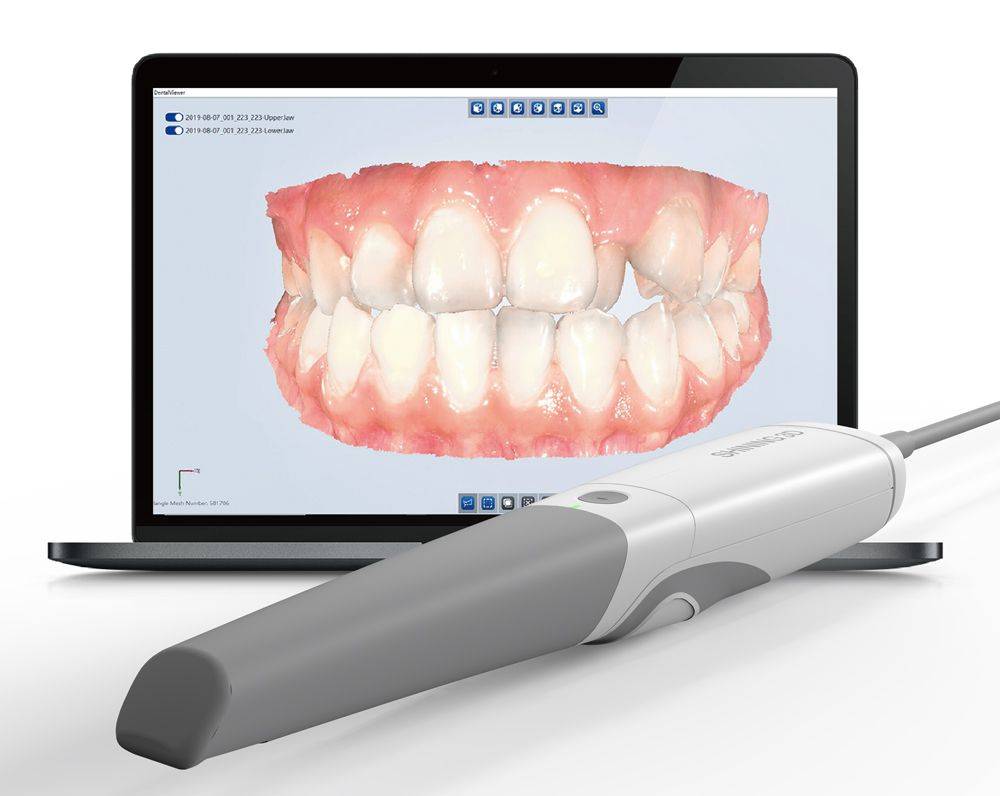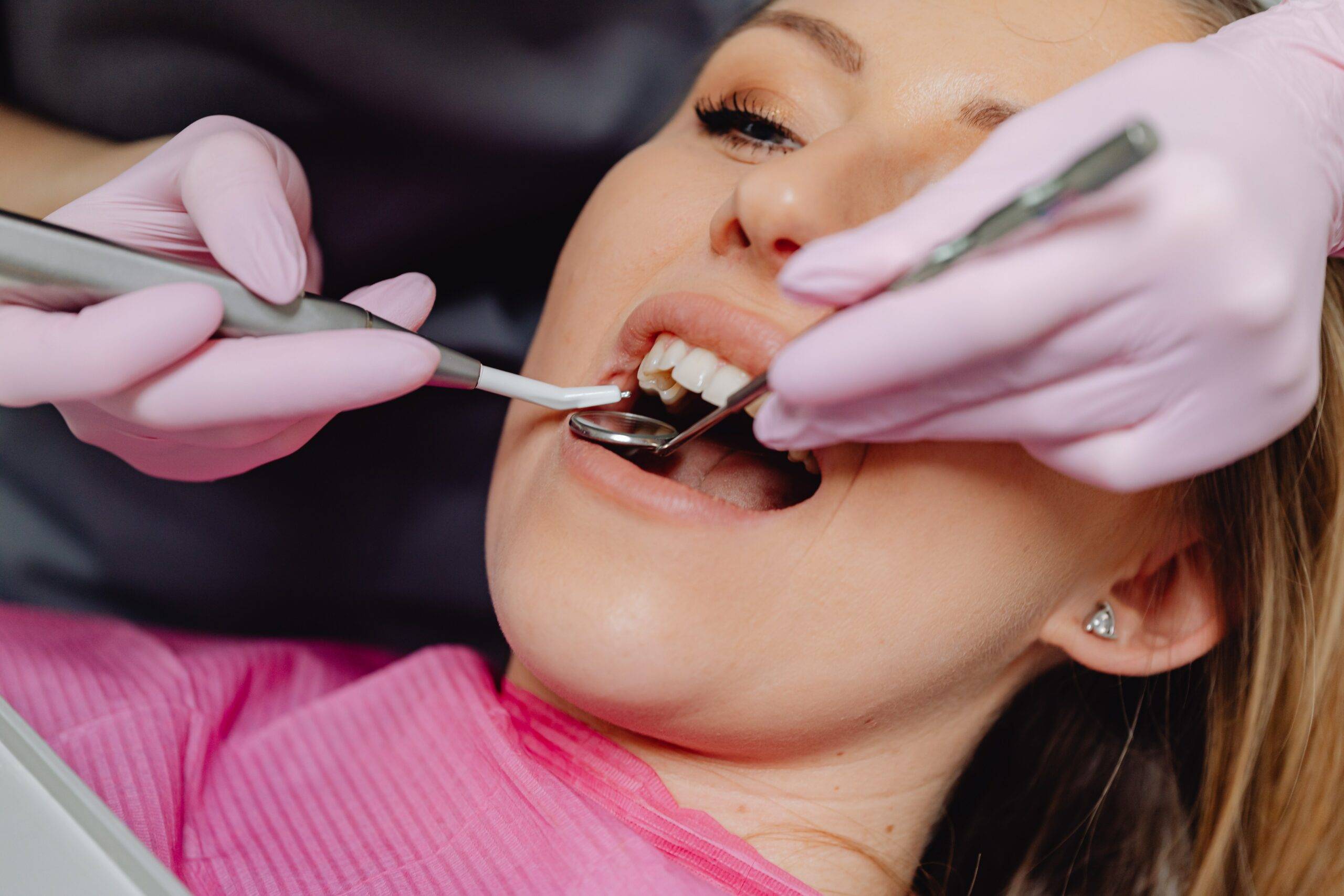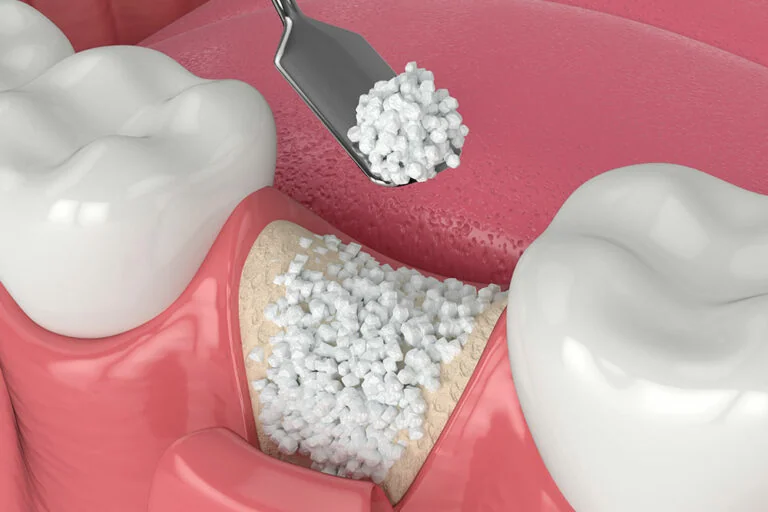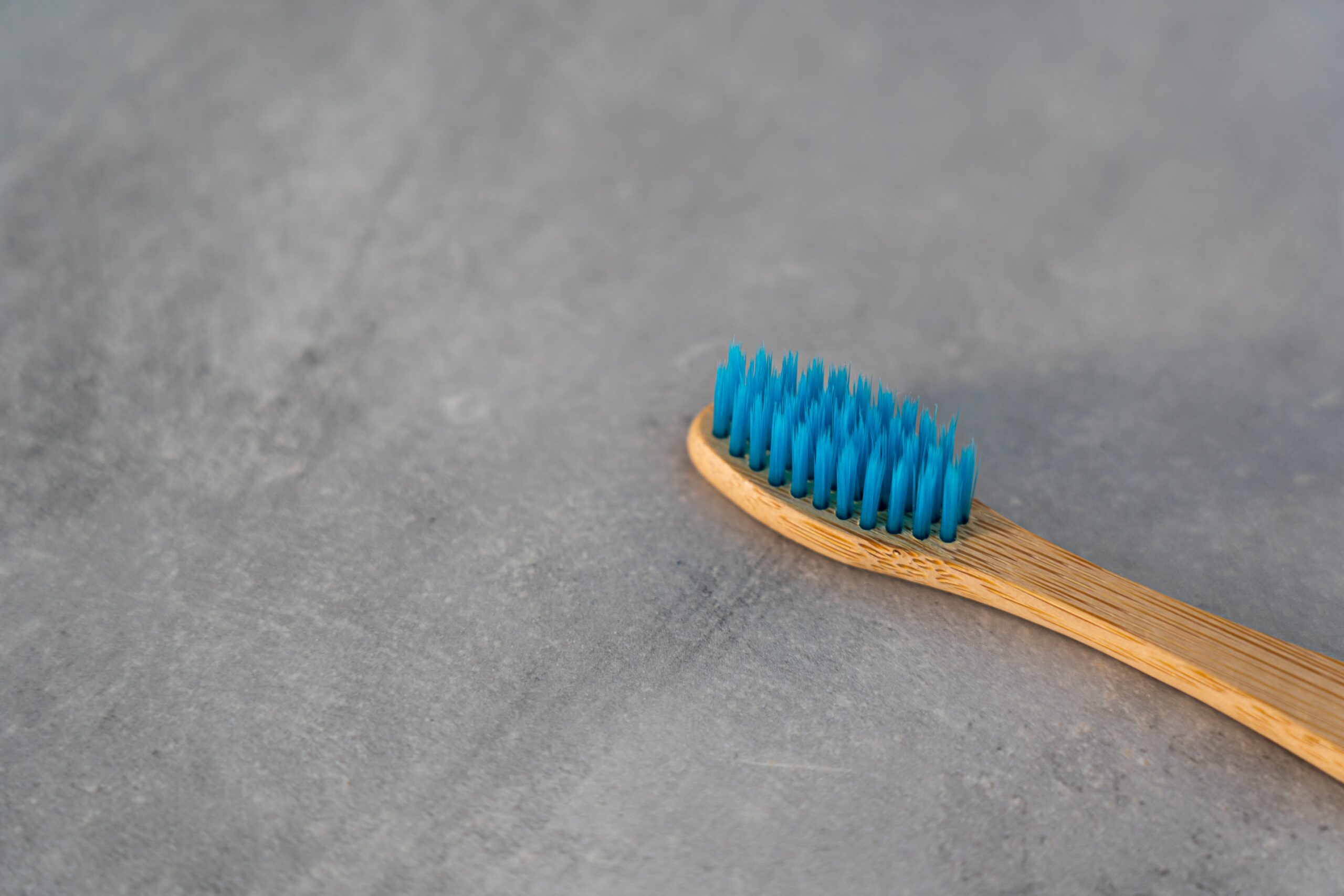A deep cleaning, also known as scaling and root planing, is a thorough cleaning of the teeth and gums that goes beyond the regular cleaning performed during a routine dental checkup. Deep cleanings are typically recommended for patients who have advanced gum disease, or periodontitis, and are an important part of maintaining good oral health.
At Buffalo Creek Dental, our experienced dentists and hygienists provide deep cleanings to help our patients manage and treat gum disease. We use the latest techniques and equipment to ensure the most effective and comfortable cleaning possible.
Gum disease is caused by bacteria that live in the mouth and form a sticky film known as plaque. If plaque is not removed through regular brushing and flossing, it can harden and turn into calculus, or tartar. Tartar can only be removed by a professional cleaning.
If plaque and tartar are not removed, they can cause inflammation of the gums, known as gingivitis. Gingivitis is characterized by red, swollen gums that may bleed easily. If gingivitis is not treated, it can progress to periodontitis, a more advanced form of gum disease.
Periodontitis is a serious infection of the gums and underlying bone that can lead to tooth loss if not treated. It is caused by the toxins produced by the bacteria in plaque and tartar. These toxins can destroy the gum tissue and the bone that supports the teeth.
During a deep cleaning, your dentist or hygienist will use specialized instruments to remove plaque and tartar from above and below the gum line. This helps to reduce the bacteria and toxins that are causing the infection and inflammation.
The first part of the deep cleaning process is scaling, which involves using an ultrasonic scaler to remove plaque and tartar from the teeth. The scaler uses high-frequency vibrations to break up the calculus, which is then suctioned away.
Next, your dentist or hygienist will perform root planing. This involves smoothing the surfaces of the roots of the teeth to remove any roughness. This helps to prevent bacteria from attaching to the roots and re-forming plaque and tartar.
Deep cleanings are typically performed in two to four sessions, depending on the severity of the gum disease and the number of teeth that need to be cleaned. Each session will last about an hour, and local anesthesia may be used to minimize discomfort.
After the deep cleaning, it is important to maintain good oral hygiene to prevent the gum disease from coming back. This includes brushing and flossing daily, and attending regular dental checkups and cleanings. Your dentist may also recommend using an antimicrobial mouthwash or special toothpaste to help control the bacteria in your mouth.
If you have gum disease and are in need of a deep cleaning, don’t hesitate to contact Buffalo Creek Dental to schedule an appointment. Our experienced team will provide you with the highest-quality care and the most effective treatment to help manage your gum disease and restore your oral health.





